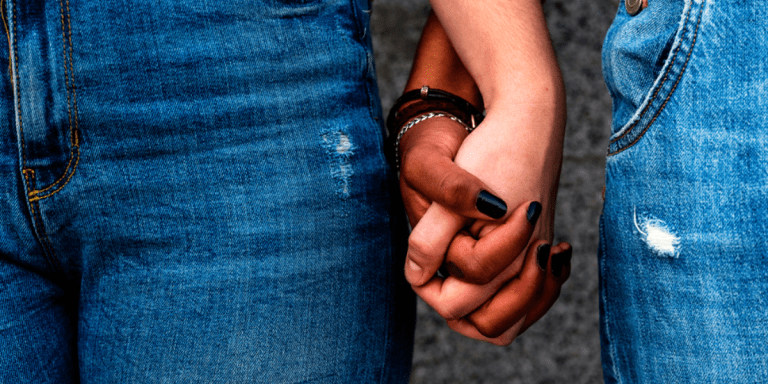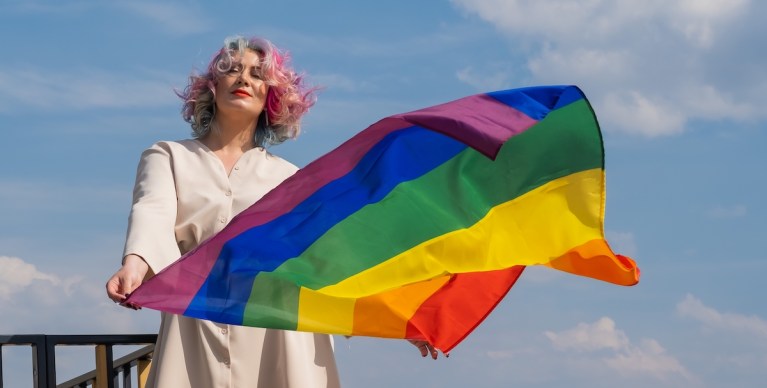Coming Out
Resources and advice on coming out gay, lesbian, queer, bisexual, trans, non-binary and/or nothing at all! Essays and how-tos on coming out to yourself, figuring out your identity and more.
Become a Member
Become a Member to support queer journalism
What You Get:
Become a Member
Become a Member to support queer journalism










